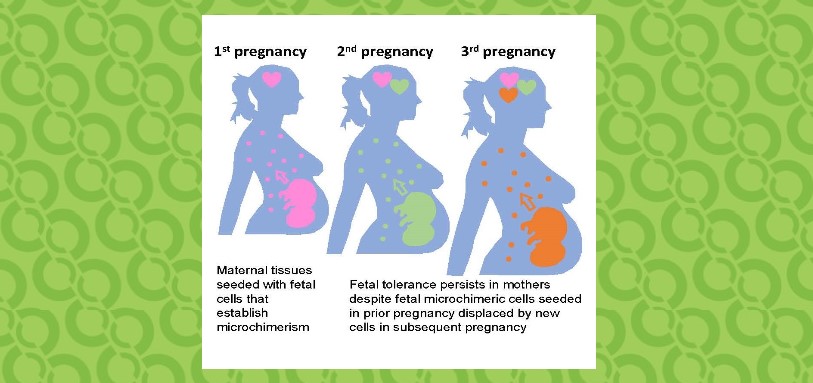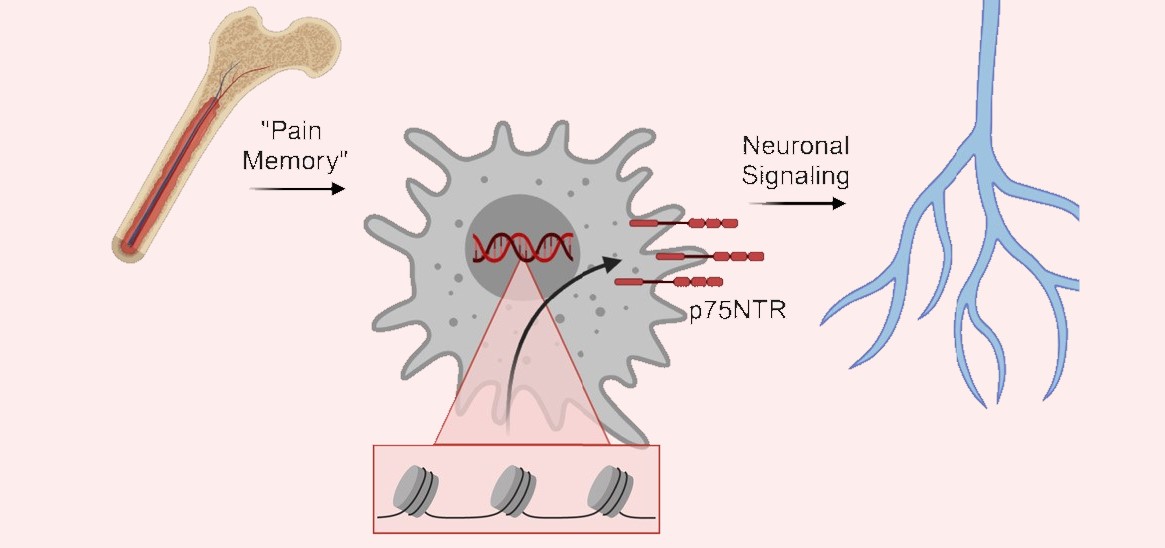Selenium and Pregnancy: Multi-National Study Finds Effects at Some Sites, Not Others
Research By: Ge Zhang, MD, PhD | Nagendra Monangi, MD
Post Date: September 14, 2021 | Publish Date: Sept. 13, 2021
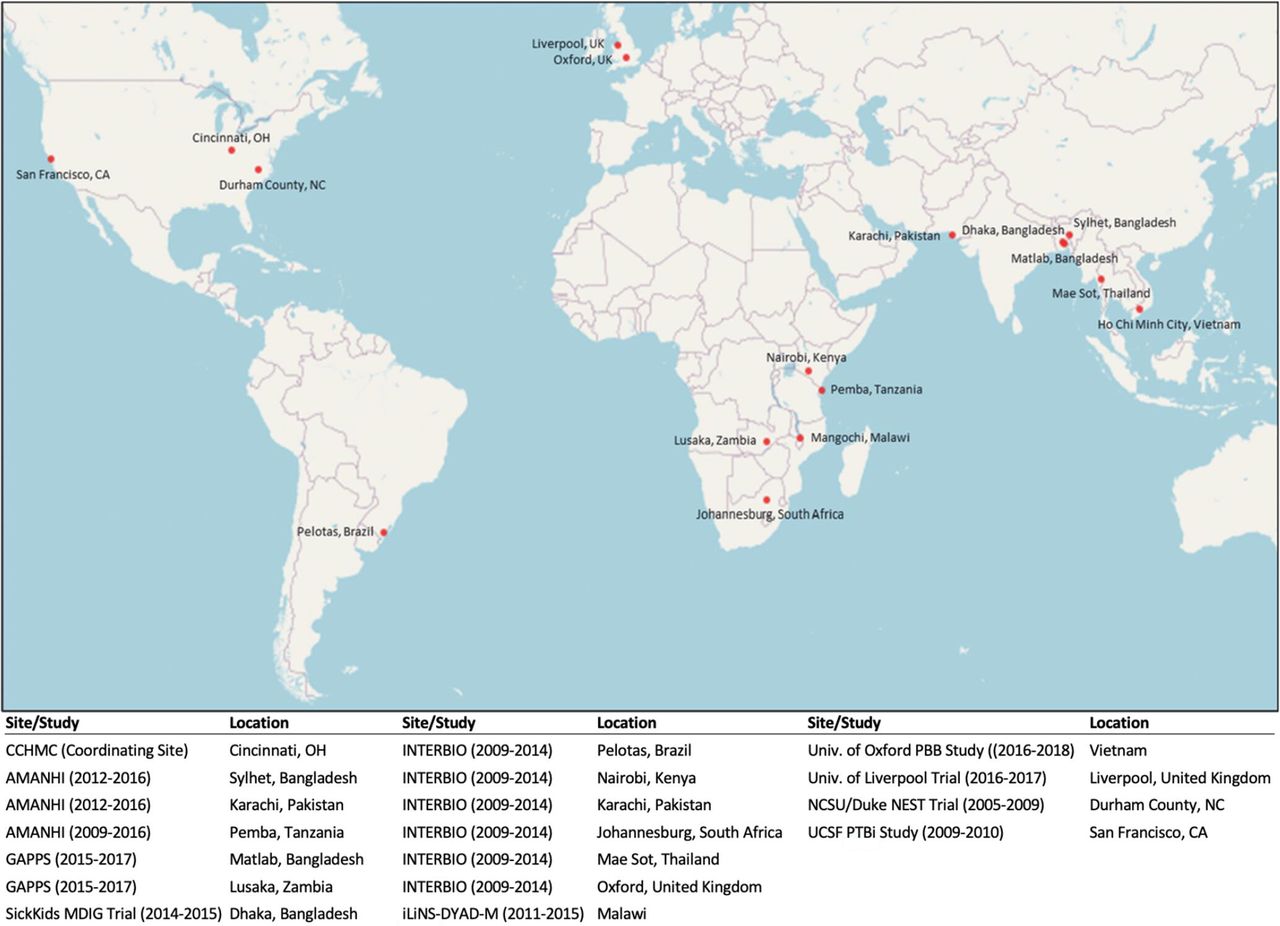
Four years after a breakthrough study raised awareness of a possible link between selenium intake and the duration of pregnancy, a multi-national study reports finding significant dose-based associations in some parts of the world, but unclear effects in others.
Selenium (Se) is a dietary trace mineral that has a number of health effects, including impacts on thyroid function, inflammation and, potentially, reducing the risk of preterm birth (PTB). The mineral is found in soils at varying concentrations worldwide, and gets absorbed through consuming certain foods including Brazil nuts, seafoods and meats.
The possibility that selenium could be a useful dietary supplement for pregnant women emerged in 2017 after experts at Cincinnati Children’s collaborated with researchers in Europe, 23andMe and the Bill and Melinda Gates Foundation on a massive genetic analysis that found several gene variants linked to the risk of preterm birth.
The new study results were published online Sept. 13, 2021 in BMJ Global Health.
Corresponding authors are Nagendra Monangi, MD, and Ge Zhang, MD, PhD, at Cincinnati Children’s and Lou Muglia, MD, PhD, formerly of Cincinnati Children’s, now president and CEO of the Burroughs Wellcome Fund. Key contributions to this study were also made by Huan Xu, PhD, Joanne Chappell and Elizabeth Belling, with testing performed in collaboration with the University of Cincinnati Department of Chemistry.
The initial NEJM study overwhelmingly involved women of European ancestry. The new study established an international consortium of existing cohorts and analyzed data from nearly 10,000 women in 17 scattered locations, including Asia and Africa. A “fixed-effect meta-analysis” across the 17 cohorts does show a significant association between selenium levels, preterm birth and gestational duration. Longer gestation was observed with each 15 ng/mL increase in selenium concentration.
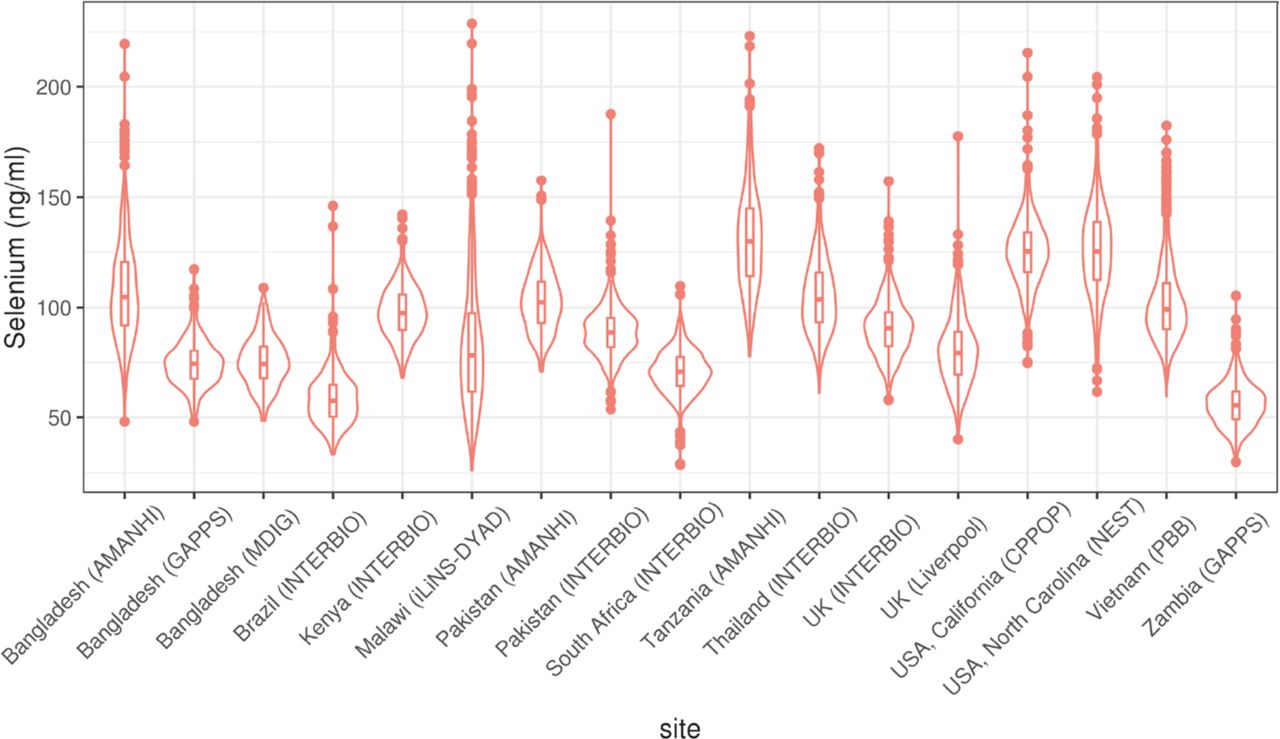
However, wide differences among participants within cohorts also were reported, which co-authors say resulted in a “random-effect meta-analysis” failing to demonstrate statistical significance.
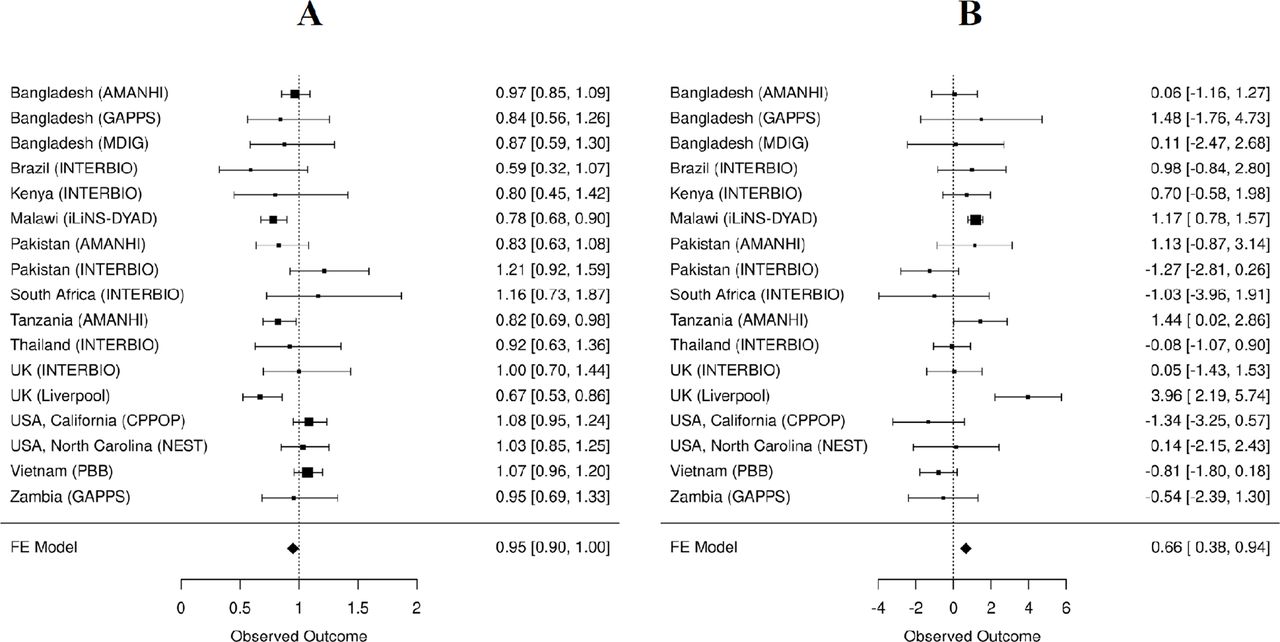
“The lack of significant associations in the cohorts with low average Se concentration also suggests Se deficiency is not the primary factor influencing PTB risk,” the study states.
Next steps
While population-wide selenium supplementation appears to have limited value, more research is needed to determine how important the mineral may be for particular groups.
“Whether population-specific factors explain the heterogeneity of our findings warrants further investigation,” the co-authors write. “Further evidence is needed to understand the biologic pathways, clinical efficacy and safety, before changes to antenatal nutritional recommendations for Se supplementation are considered.”
For example, the study was unable to collect individual data on dietary intake of Se or other pregnancy supplements. Likewise, women with particular health conditions may benefit more than others.
“Further investigations may benefit from looking in more detail at whether pregnancies exhibiting higher levels of inflammation or increased cytokine dysregulation benefit from higher levels of Se in terms of increased gestational duration or decreased PTB risk.”
About this study
The co-authors thank all the participating families and study personnel from the 17 cohorts who took part in this study.
Funding sources for this research include The Bill & Melinda Gates Foundation (OPP1175128, OPP1152451). Organizations providing support for the study included the Discover Together Biobank at Cincinnati Children’s, the National Institute of Environmental Health Sciences, the US Environmental Protection Agency, the National Institute of Diabetes and Digestive and Kidney Diseases, the Duke Cancer Institute, the UCSF California Preterm Birth Initiative, and the US Agency for International Development (USAID). The March of Dimes Prematurity Research Center Ohio Collaborative played a central role in supporting the initial genome wide association study that inspired this work.
Read more
Six Gene Loci Associated with Gestational Duration
| Original title: | Association of maternal prenatal selenium concentration and preterm birth: a multicountry meta-analysis |
| Published in: | BMJ Global Health |
| Publish date: | Sept. 13, 2021 |
Research By





